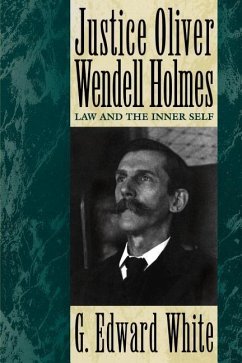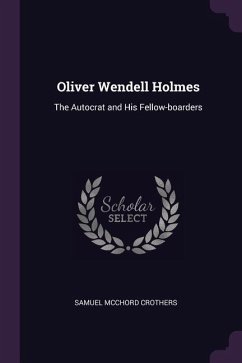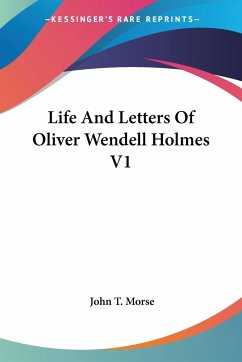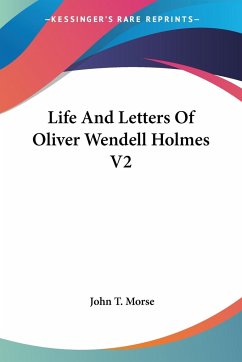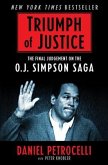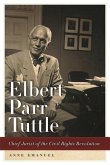In this book G. Edward White, the acclaimed biographer of Earl Warren and one of America's most esteemed legal scholars, provides a rounded portrait of a remarkable jurist. White provides a vivid portrait of Holmes's life and an astute commentary on his legal writings, including the classic work, The Common Law. He reveals that some of the themes that have dominated twentieth-century American jurisprudence DS including protection for free speech and the belief that judges make the law DS originated in Holmes's work. Suggesting that understanding Holmes's life is crucial to understanding his work, White continually stresses the connections between Holmes's legal career and his personal life.
White goes beyond the labels to give readers a rounded portrait of this remarkable jurist. Covering Holmes' early life and time at Harvard, his ambivalent relationship with his father, and Civil War service, White also examines Holmes' childless marriage and his reputation as a preeminent legal figure. 14 halftones. Map.
White goes beyond the labels to give readers a rounded portrait of this remarkable jurist. Covering Holmes' early life and time at Harvard, his ambivalent relationship with his father, and Civil War service, White also examines Holmes' childless marriage and his reputation as a preeminent legal figure. 14 halftones. Map.

